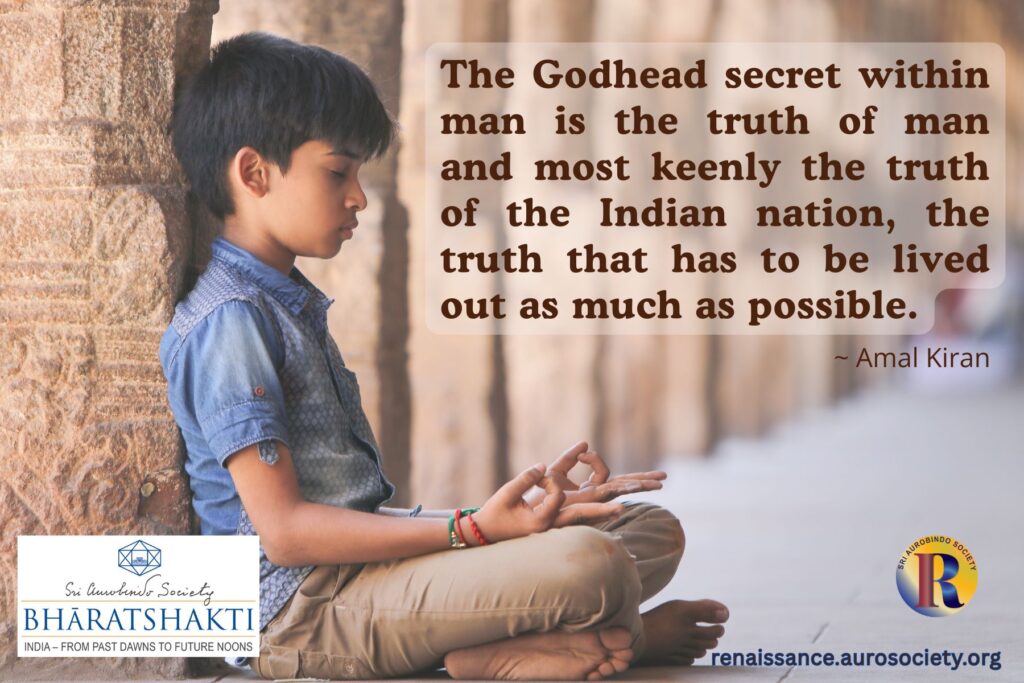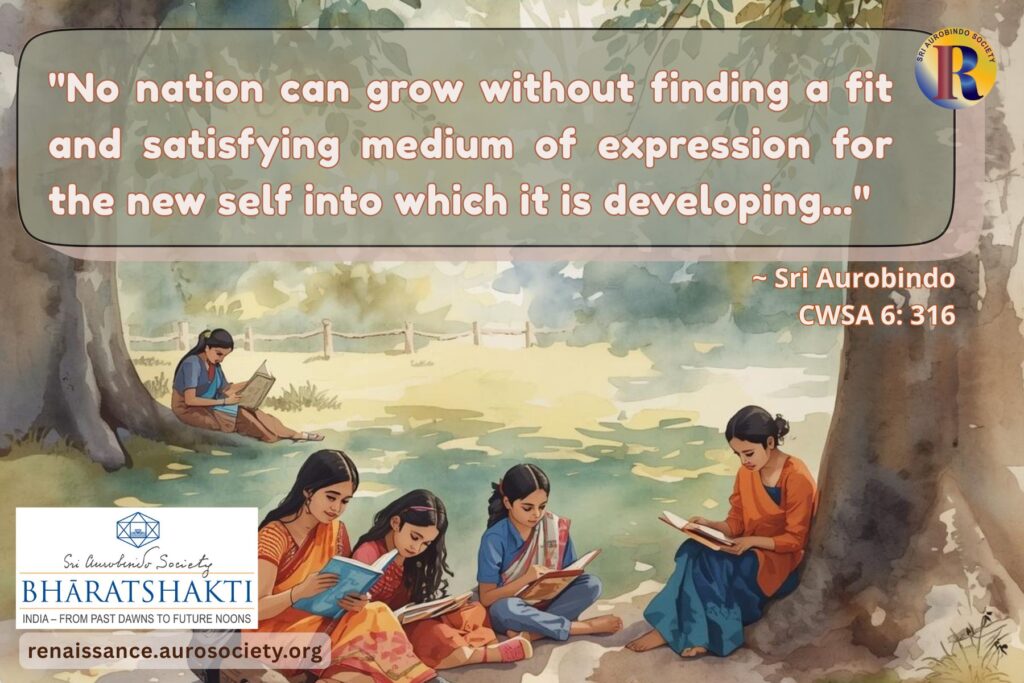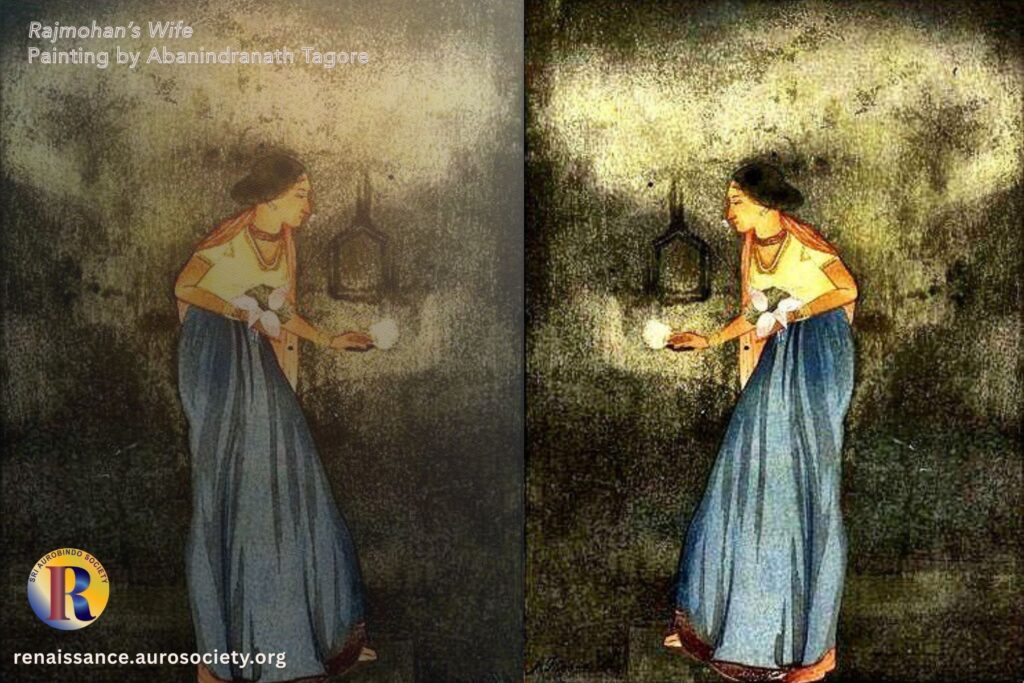Editor’s note: The author, our regular contributor, points our attention to the the epidemic that Attention Deficit Disorder has become in today’s age with its social media and other internet based stimuli that have severely impacted our capability to concentrate. He reminds us how important it is to develop this capability if we aspire to achieve anything worthwhile in life, including and especially in our spiritual pursuit.

Covid had come and gone but another pandemic that has been raging all over the planet and continues to infect more and more people each day is Attention Deficit Disorder (ADD). Because it is a pandemic at the level of the mind and not exactly life-threatening, it does not generate the kind of panic that Covid did. But its long-term debilitating effect on our lives is still not well understood and even ignored.
The most recognisable sign of a widespread pandemic of ADD is visible in the matter of book reading. There was a time when people of all ages were into book reading. Now book shops and libraries are closing down in almost every town across the world. Many of us have not read a book, cover to cover, for a long time because without our realising it, we have lost the concentration and the focusing ability that book reading demands.
Whenever we are required to read some printed matter beyond a few pages, we find our minds wandering and that we are unable to take in the contents. Our concentration flags, we get fidgety and start looking for something (nothing specific) and keep failing at our attempts to bring back our minds to focus on what we were reading.
This Attention Deficit usually manifests in the following ways:
Inattention: Struggling to sustain attention making it difficult to complete tasks and activities; being forgetful and easily distracted; having trouble in reading or listening to something for some length of time, missing details, frequently making careless mistakes etc.
Hyperactivity: Excessive restlessness and fidgeting, unnecessary movements of hands and feet, difficulty in being seating for some length of time, whether in a classroom or in a meeting etc.
Impulsivity: Acting on impulses, impulsive buying and risky online behaviour, inability to wait, interrupting others frequently when they are speaking and generally struggling with self-control.
Needless to add that when we suffer from such symptoms, it adversely impacts every area of our lives – academic and professional performance and even in the social sphere and in personal relationships.
***
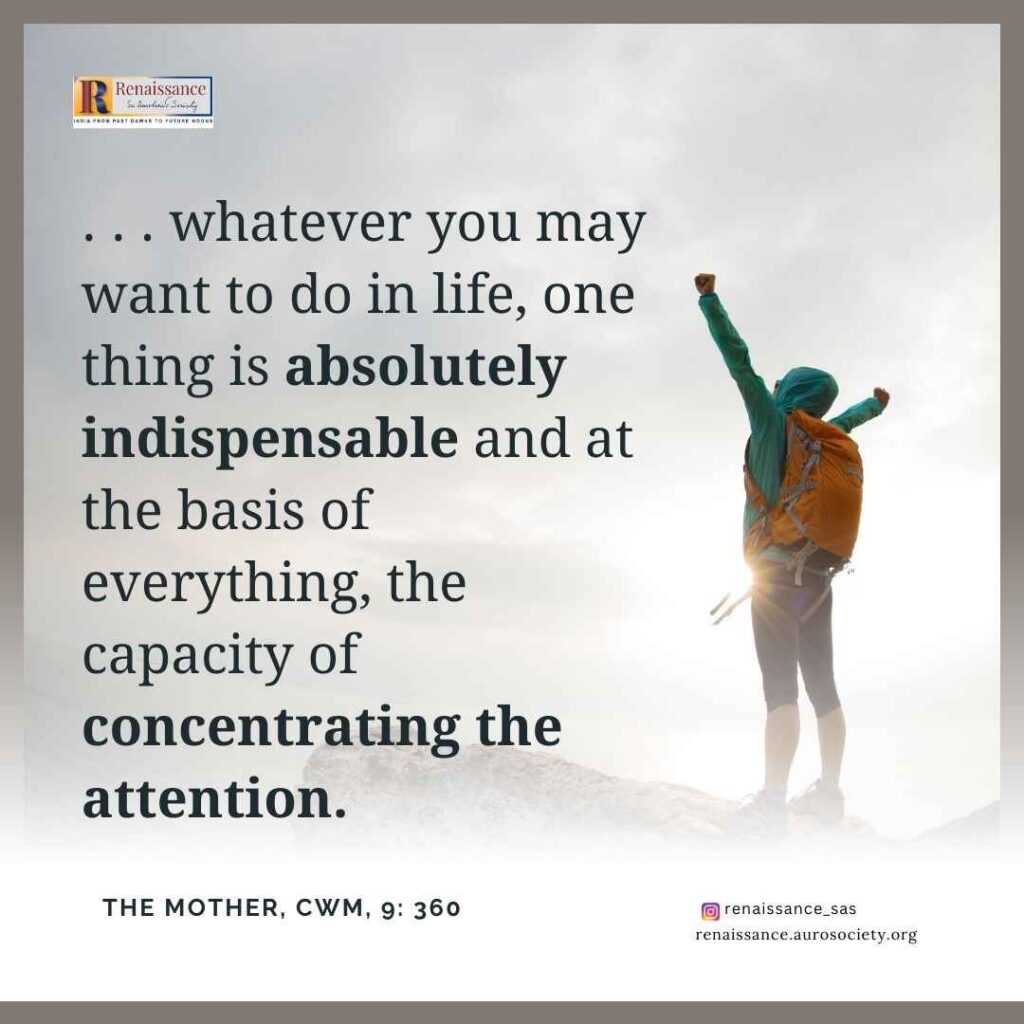
Until two decades back, this problem of Attention Deficit was not there, or at least it was not a pandemic. What has changed? The thesis I would venture to put forward is this: Today we are talking about Attention Deficit amongst all age groups is because of our use of the Internet, Social media, Online gaming and consuming online content round the clock. This was not the case two decades back. The difference is too glaring to ignore.
Much medical and statistical evidence shows that spending too much time online has a direct relation to Attention Deficit.
Other distractions such as the electronic media with its fare of movies, music, news, soap operas, entertainment, advertisements have been there for a long time, taking a toll on our capacity for concentration and focus. But none of them were as powerful as the Internet that combines all their distracting powers and in addition offers much more in the form of social media to scatter our ability to concentrate.
The continuous bombardment of our brains with sense stimuli in short bursts of sounds, videos, texts for the larger part of the day – has led to short attention spans and has fragmented our ability to focus. The printed text of a book in comparison is hardly as exciting or stimulating – if not downright boring!
The Internet scatters our attention.
The more time we spend online, the more we get used to take in information in short bursts, in flashes or in the form of videos of short duration. None of them require much concentration or focus. In fact, it is not in the interests of the commercial establishments like Google that we stay focused on the same screen for a long time. Nicolas Carr writes in his book ‘The Shallows – What the Internet is Doing to our Brains’:
Google’s profits are tied directly to the velocity of people’s information intake. The faster we surf across the Web – the more links we click and pages we view – the more opportunities Google gains to collect information about us and to feed us advertisements. Its advertising system is especially designed to figure out which messages are more likely to grab our attention and then to place those messages in our field of view.
Every click we make on the Web marks a break in our concentration – and it’s in Google’s economic interest to make sure we click as often as possible. The last thing the Google wants is to encourage leisurely reading or slow concentrated thought. Google, is quite literally, in the business of distraction.
Too much exposure to audio visual media destroys focus.
The reason why reading is losing its ground to audio visual media is that viewing is more exciting, more stimulating to our senses. The moving image combined with sound or an online game are definitely much more attractive than the dull, black and white printed page. They feed and indulge our senses of sight and hearing in a powerful way. We are overwhelmed by the bombardment of sights and sounds that comes through movies, music videos, web series, sports, online games, stand up comedies, tv debates and so on.
But there is a flip side to this. Audio visual media, especially in bits and pieces on social media, makes us passive consumers of information without any meaningful processing or assimilation. This destroys our capacity to focus and ability to take in texts of any considerable length. Even reading the editorial paper of a newspaper feels a big chore. Being hooked to our screens, we become absolutely passive because we are never the creators or the actors. It is always someone else on the screen. We are simply sitting in front of a screen all day.
One may argue that we have not given up reading but only that our mode of reading has changed – from print-based reading to online reading. There is some truth to it. But the nature of online reading itself is different. It is mainly browsing and skimming. Scanning and browsing is a buzzing activity of the mind, whereas concentrated reading is reflection, contemplation and deep thought.
Additionally, these days people are not making much effort to know anything in-depth which requires concentration. The argument is: There’s Google! Why make unnecessary effort? The Google in our smartphones is the equivalent of an encyclopaedia which we carry in our hands all the time. But does that make us intelligent? We had programmed the computers and now they have programmed us to become a passive watcher of a screen all day.
It can be put forward that the problem of Concentration and Focus is basically one of fragmentation of the mind. The constant life-on-the-screen mode, fragments our mind in a thousand ways. The Bhagavad Gita says:
vyavasāyātmikā buddhirekeha kurunandana,
bahuśākhā hyanantāśca buddhayo’vyavasāyināmThe fixed and resolute intelligence is one and homogeneous, O joy of the Kurus; many-branching and multi-farious is the intelligence of the irresolute.
~ Chapter II, Verse 41
Vyavasaya means endeavour, effort, determination. And that should be single-pointed, focused. The mind or the attention should not be scattered. In our times, we find that the mind is scattered in a thousand ways (bahu shakha). From children to old people, we are not single-minded in anything. Therefore, the mind is not forceful and energetic.
***
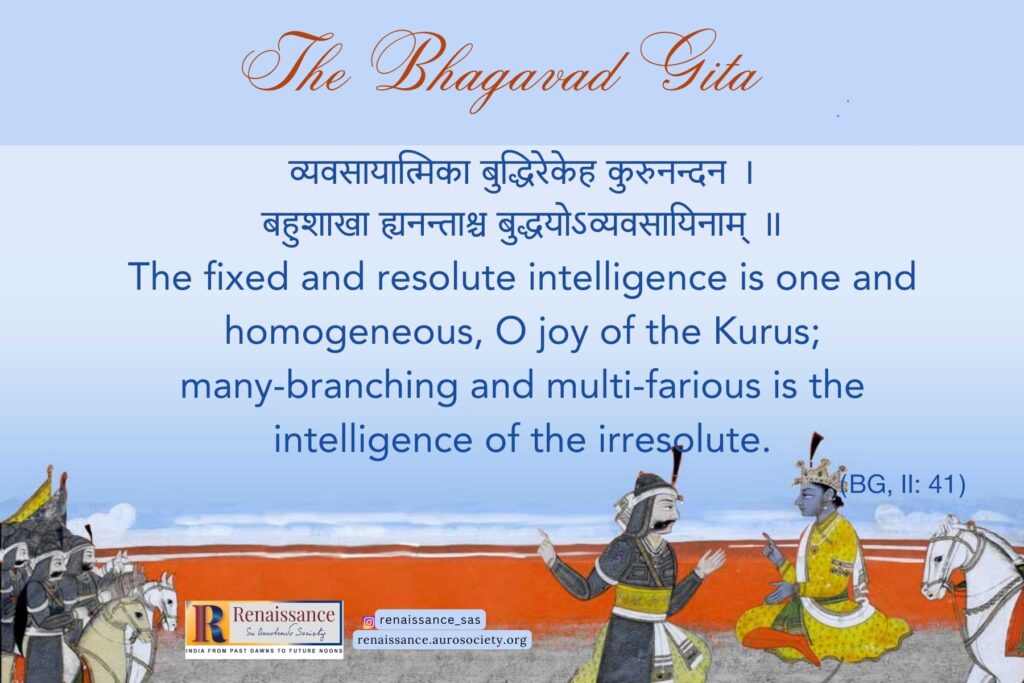
On the eve of the Kurukshetra war, Arjuna’s mind too was fragmented in numerous ways. Morals, duty, delusion, confusion, dilemmas – they were all playing havoc with his mind. What did the Divine Charioteer actually do? He brought back Arjuna’s focus on the job at hand – the battle and the task at hand. He made Arjuna’s mind one-pointed. Vyavasayatmika buddhir ekeha – the gathered state of mind should be one-pointed. That is what he teaches Arjuna.
Commenting on this, in Essays on the Gita Sri Aurobindo writes:
There are, says the Gita, two types of intelligence in the human being. The first is concentrated, poised, one, homogeneous, directed singly towards the Truth; unity is its characteristic, concentrated fixity is its very being.
In the other there is no single will, no unified intelligence, but only an endless number of ideas many-branching, coursing about, that is to say, in this or that direction in pursuit of the desires which are offered to it by life and by the environment.
~ CWSA, Vol. 19, p. 95
This is what we call a self-cancellation of thoughts and intentions. Sri Aurobindo continues,
. . . the characteristic of the unified intelligence is not only concentration of the mind that knows, but especially concentration of the mind that decides and persists in the decision, vyavasāya, while the sign of the dissipated intelligence is not so much even discursiveness of the ideas and perceptions as discursiveness of the aims and desires, therefore of the will.
~ CWSA, Vol. 19, p. 95
***
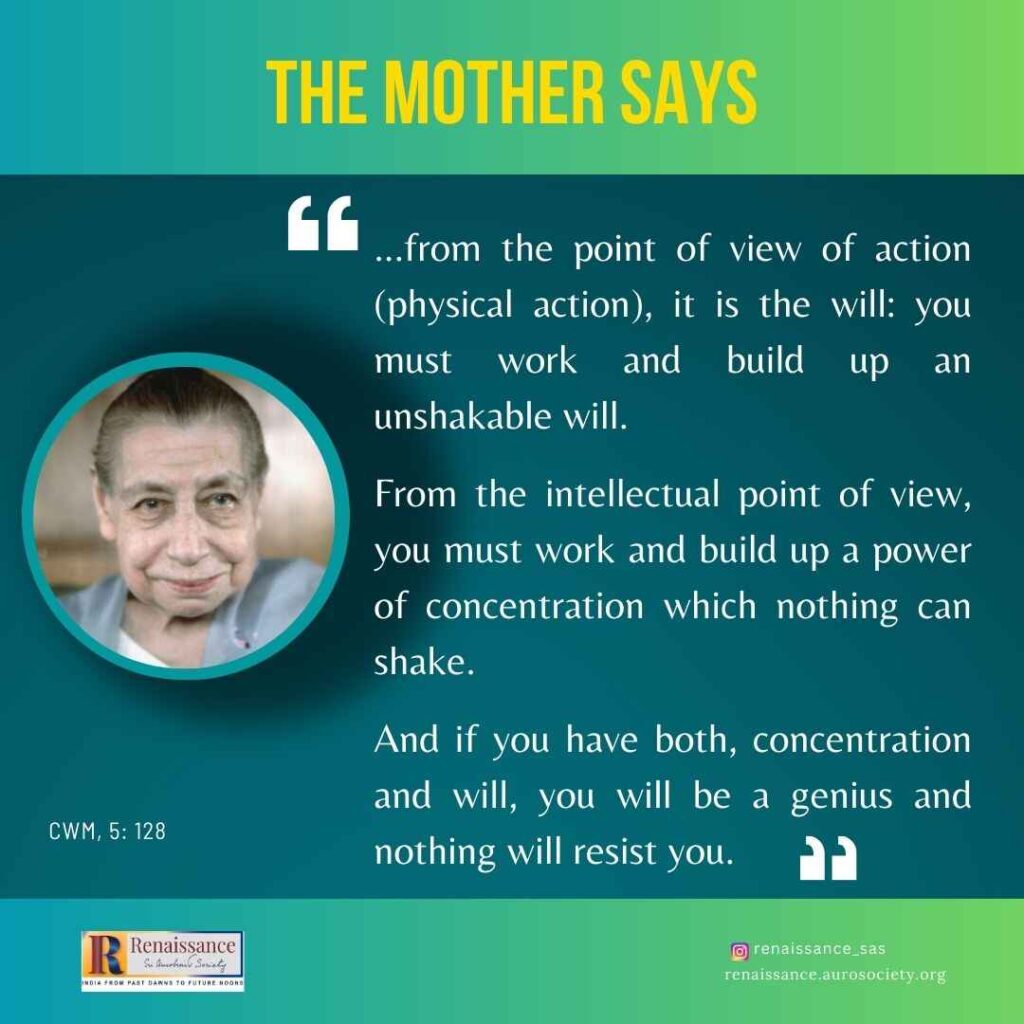
The mind being fragmented and attention being scattered, our intentions get dissipated in a confused tangle. There is no cohesion in what we want and hence there is also a dissipation of the will.
A laser beam is nothing but a concentrated beam of light. Because of such tremendous concentration, it can even cut metals. Similarly, a man with concentrated and one-pointed mental energy acquires tremendous power. Someone like Swami Vivekananda. People like him have a tremendous unification of energy and intentions in their minds. A scientist experimenting in his laboratory needs to have this focus to invent or discover something. A leader should also be resolute and single-minded to achieve the mission. A man with a scattered mind can never achieve anything substantial in life.
ALSO READ:
How to Cultivate Greater Concentration and Focus
Dhāranā is the term for concentration that Patanjali uses in his Yoga Sutras:
देशबन्धः चित्तस्य धारणा ॥१॥
~ Yoga Sutras, Chapter III, Verse 1
deśa-bandhaḥ cittasya dhāraṇā ||1||
Dhāranā or concentration is holding the mind on to some particular object.
But Patanjali makes it clear that before we reach the stage of Concentration (dhāranā ), there should be a withdrawal of the mind and the sense organs from the outer objects – Pratyahāra. We can concentrate and focus on something only when we are withdrawn from everything else.
Today, we find Attention Deficit everywhere and concentration nowhere because we are never withdrawn from the stimuli of the outer world to concentrate on anything. Even in the midst of a lecture or a seminar, we are hooked to the online world. I have even seen people in a movie theatre looking at their mobiles rather than on the screen! The mind is always somewhere else. There is no pratyahara, withdrawal to concentrate and focus on anything.
***
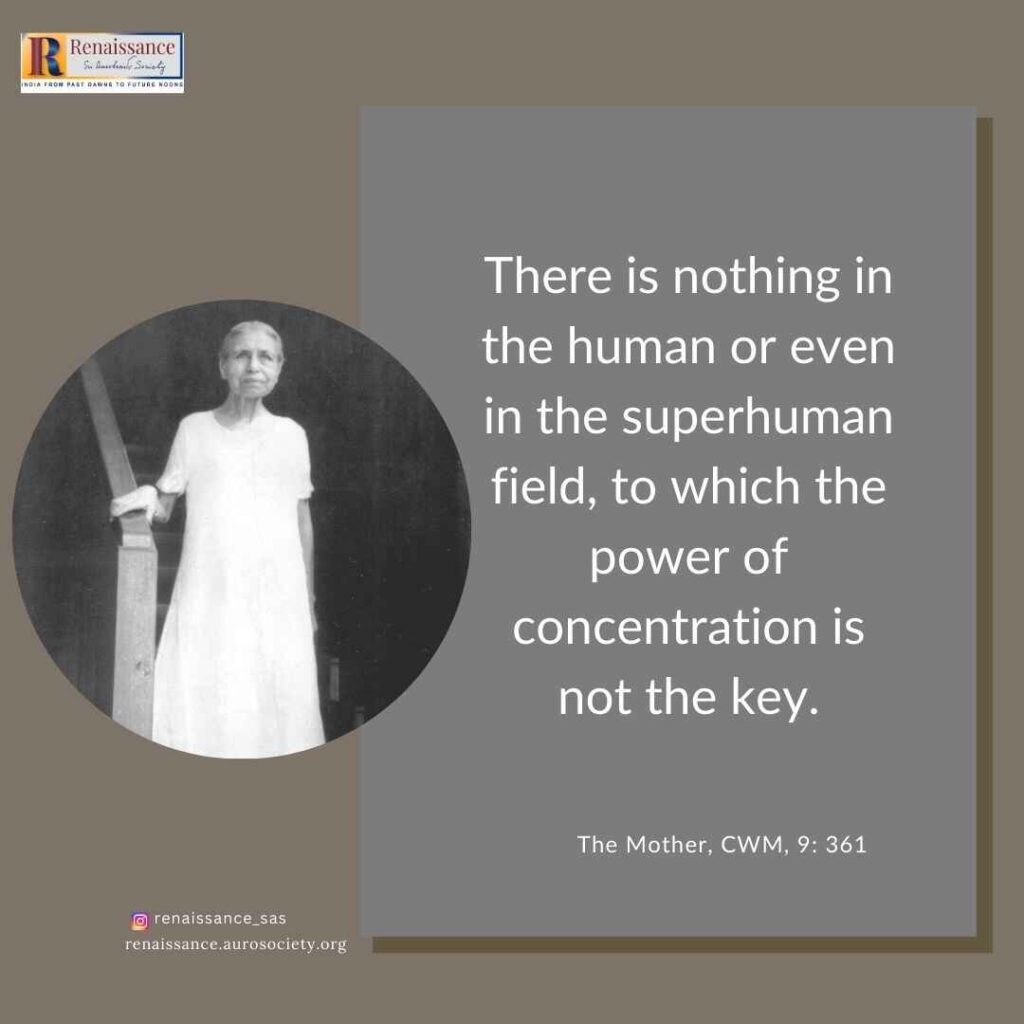
It is a law of life that nothing great can be achieved in life without Concentration and Focus. Let us take guidance from the illumining and inspiring words of the Mother:
. . . whatever you may want to do in life, one thing is absolutely indispensable and at the basis of everything, the capacity of concentrating the attention. If you are able to gather together the rays of attention and consciousness on one point and can maintain this concentration with a persistent will, nothing can resist it—whatever it may be, from the most material physical development to the highest spiritual one.
But this discipline must be followed in a constant and, it may be said, imperturbable way; not that you should always be concentrated on the same thing—that’s not what I mean, I mean learning to concentrate.
And materially, for studies, sports, all physical or mental development, it is absolutely indispensable. And the value of an individual is proportionate to the value of his attention.
And from the spiritual point of view, it is still more important. There is no spiritual obstacle which can resist a penetrating power of concentration. For instance, the discovery of the psychic being, union with the inner Divine, opening to the higher spheres, all can be obtained by an intense and obstinate power of concentration—but one must learn how to do it.
~ CWM, Vol. 9, p. 360
~ Design: Beloo Mehra

